Unfortunately, the 1960s, a decade often remembered for social and cultural revolutions, fell short regarding environmental consciousness. While movements for civil rights, feminism, and peace gained momentum, the potential harms of human activity on the planet remained mainly on the back burner. Here are 21 glaring environmental oversights of the 60s:
Rise of the Automobile

Cars became not just a means of transportation but symbols of freedom and progress. The popularity of muscle cars and SUVs and lax fuel efficiency standards led to a sharp increase in air pollution and oil dependence.
Industrial Boom

The post-war economic boom fueled by heavy industries like steel and manufacturing resulted in rampant air and water pollution. Rivers became dumping grounds for toxic chemicals, and cities choked on smog. The Cuyahoga River in Ohio famously caught fire in 1969, highlighting the issue of industrial water pollution.
Unchecked Pesticide Use

Rachel Carson’s 1962 book “Silent Spring” alerted the world to the dangers of DDT and other pesticides. However, it took years for regulations to catch up, leaving wildlife populations and ecosystems vulnerable.
Nuclear Power Hype
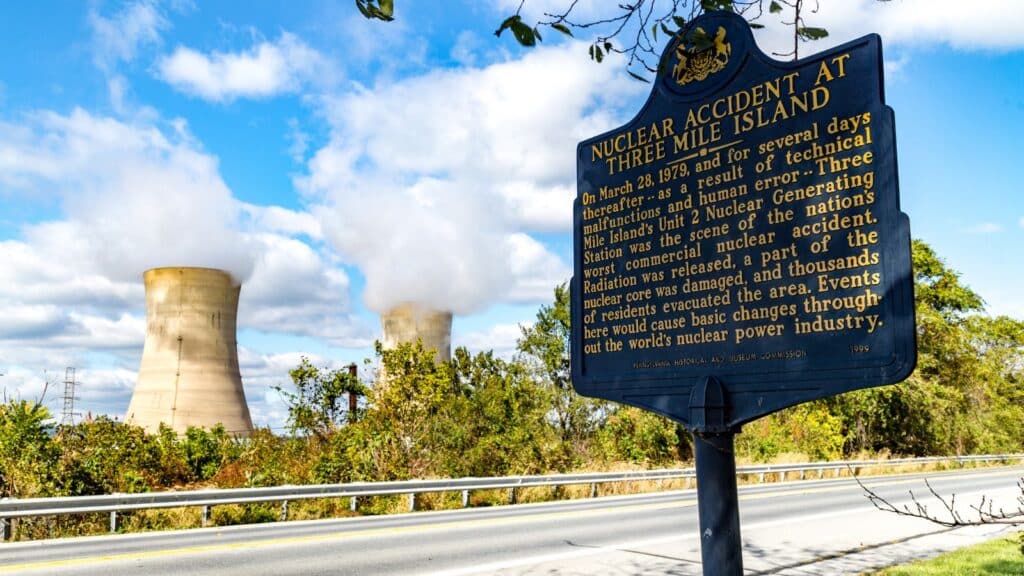
The 60s saw a surge in nuclear power plants despite known safety concerns. Accidents like Three Mile Island in 1979 would later highlight the risks of relying on this energy source.
Plastic Addiction

Plastic has become ubiquitous, from household products to packaging. The convenience overshadowed the looming problem of plastic pollution accumulating in landfills and oceans.
Urban Sprawl

Cities sprawled outward, devouring natural landscapes and replacing them with concrete and asphalt, disrupting ecological balance and biodiversity. Initiatives like the GI Bill and the Federal Highway Act subsidized mortgages and road construction, encouraging suburban development and car dependence.
Deforestation
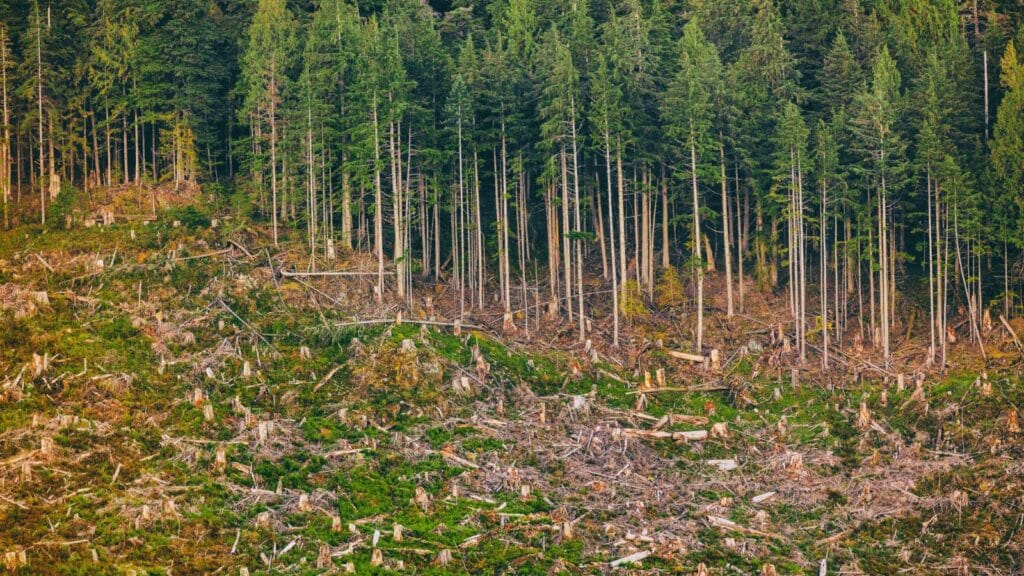
Forests were cleared for lumber, agriculture, and development, contributing to soil erosion, loss of habitat, and increased greenhouse gas emissions. The Pacific Northwest saw rampant logging of old-growth forests in the 60s to meet the expanding timber industry’s needs. This raised concerns about environmental impacts and led to environmental activism in the region.
Overfishing

Improved fishing technology, such as larger boats, robust nets, and sonar, allowed fishermen to catch more fish faster and reach previously inaccessible areas. While good for the U.S. economy, overfishing led to the depletion of fish stocks and disrupted ocean ecosystems.
Ignoring Climate Change

While scientists like Guy Callendar and Roger Revelle highlighted the link between human activity and rising temperatures, the understanding of climate change needed to be more apparent, some scientists remained skeptical about the certainty and extent of human influence, creating confusion and hesitation in public discourse.
Lack of Environmental Education

Climate change wasn’t widely integrated into school curriculums or mainstream media discussions, leaving the public largely uninformed about the potential consequences. This lack of awareness made generating widespread public concern or pressure for action difficult.
Limited Clean Water Regulations
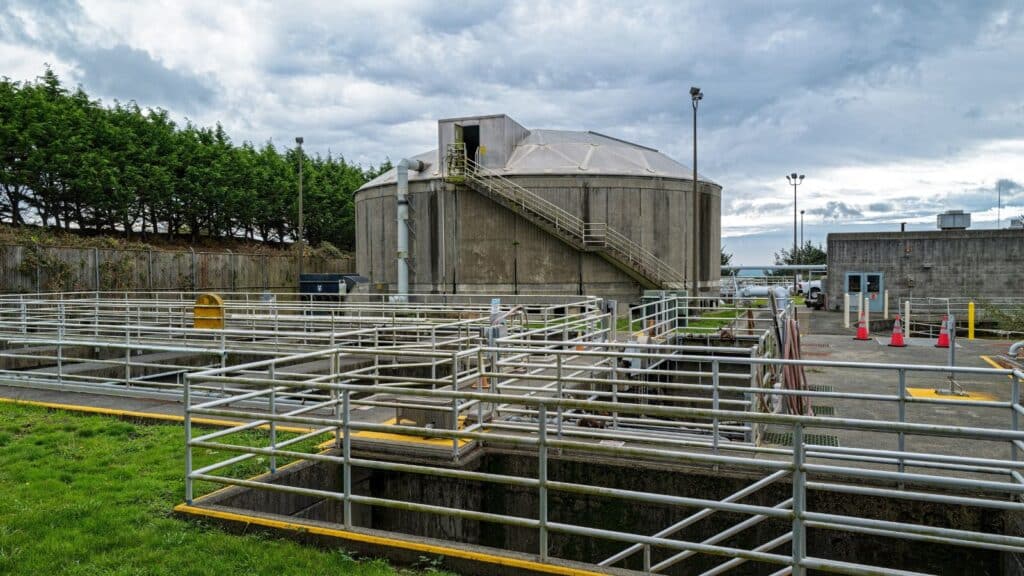
Wastewater treatment infrastructure needed to catch up to industrial and population growth, leading to polluted water sources and public health risks. Powerful industries like steel, textiles, and paper mills heavily polluted waterways but also wielded significant political clout, lobbying against stricter regulations that could impact their profits.
Weak Waste Management

The concept of recycling was in its infancy, limited to collecting paper and metal in some cities. The broader idea of reducing and reusing waste had yet to gain traction. Disposable goods and packaging were yet to be a significant trend, but the volume of waste still posed a challenge.
Lack of International Cooperation

The 1960s were a tumultuous time marked by the Cold War, decolonization movements, and social unrest. Although recognized by some scientists, climate change needs more immediate urgency. These pressing global issues need help to gain widespread political and public attention.
Corporate Influence

Companies focused on aspects of climate science that cast uncertainty or downplayed the problem’s urgency. They funded scientists who produced research questioning the link between human activity and climate change, creating confusion and weakening public trust in established science.
Public Skepticism

The industry influenced media coverage through sponsored content and lobbying efforts, often framing climate change as a “manufactured crisis” or exaggerating the economic costs of potential action.
Short-Term Economic Focus

Immediate economic gains and technological advancements took precedence over long-term environmental consequences. The post-war economic boom led to a surge in consumption, generating ever-increasing amounts of trash.
1969 Santa Barbara Oil Spill

In a specific climate disaster, an offshore oil well blowout polluted 80 miles of coastline, severely impacting wildlife and the local economy. This event became a symbol of the dangers of fossil fuel extraction and spurred regulations for offshore drilling.
Insufficient Funding for Environmental Research

The gradual nature of environmental changes often made them seem less urgent than immediate social and economic concerns. Politicians with shorter election cycles were less inclined to invest in long-term research with uncertain benefits.
Lack of Effective Public Advocacy

The 60s witnessed a period of economic prosperity and faith in technological solutions. Addressing climate change might have seemed unnecessary or detrimental to immediate economic growth, overshadowing its environmental concerns.
Individualistic Culture
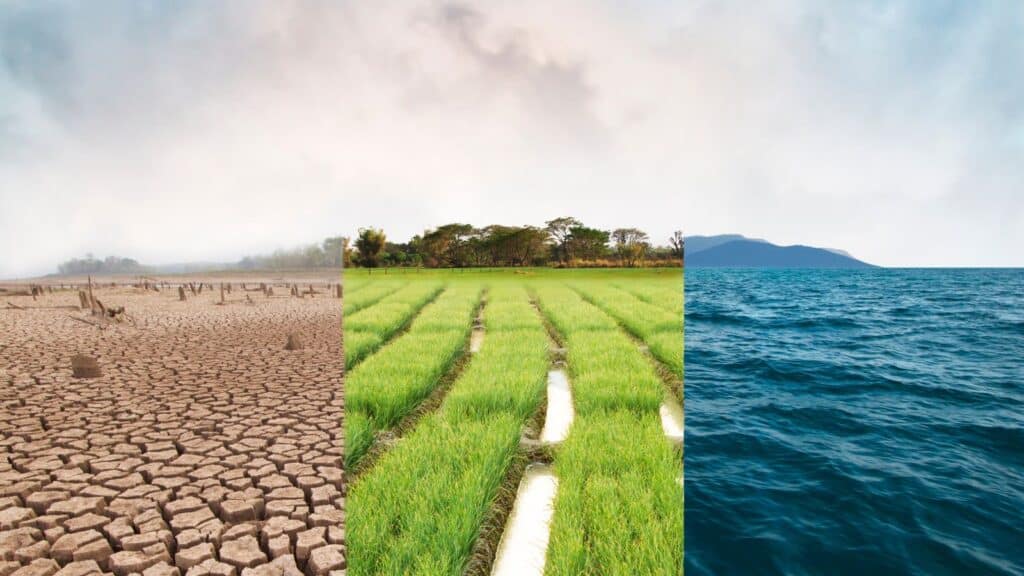
The prevailing cultural emphasis on individual freedom and responsibility sometimes translates to downplaying the collective and systemic nature of climate change challenges. This made rallying collective action and responsibility for a global issue difficult.
Failure to Recognize Interconnectedness
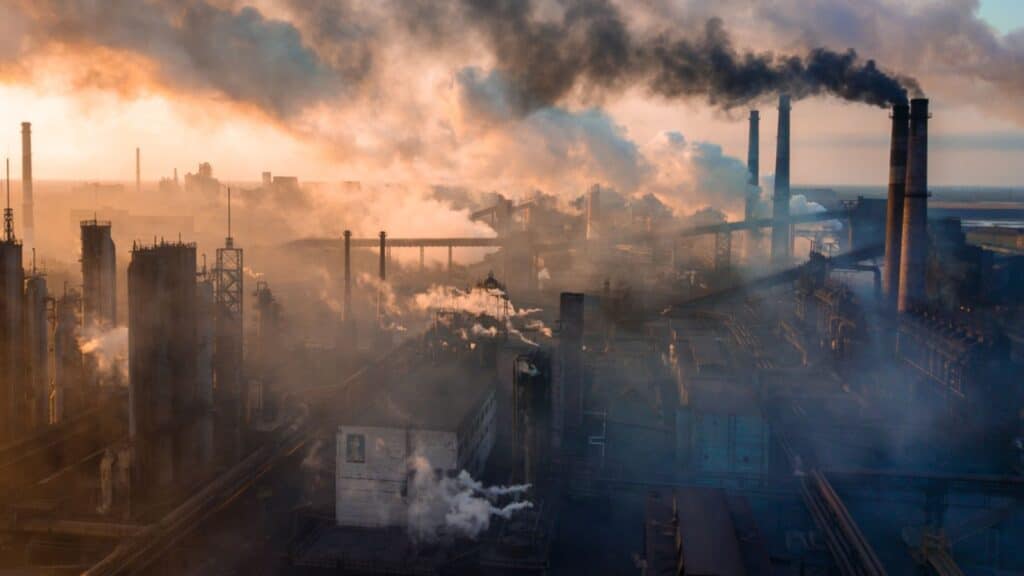
Environmental science in the 1960s was often compartmentalized into separate disciplines like air pollution, water quality, and ecosystem management. This made it difficult to grasp the interconnectedness of environmental issues and the cascading effects of environmental harm.
19 Grim Realities of Dating After 50 That Are Often Overlooked

19 Grim Realities of Dating After 50 That Are Often Overlooked
26 Things That Will Be Extinct Because Millennials Refuse to Buy Them

26 Things That Will Be Extinct Because Millennials Refuse to Buy Them
24 Outdated Slang Terms You Absolutely Shouldn’t Be Using Anymore

24 Outdated Slang Terms You Absolutely Shouldn’t Be Using Anymore
25 Hardest Parts About Getting Older That No One Ever Talks About

25 Hardest Parts About Getting Older That No One Ever Talks About



